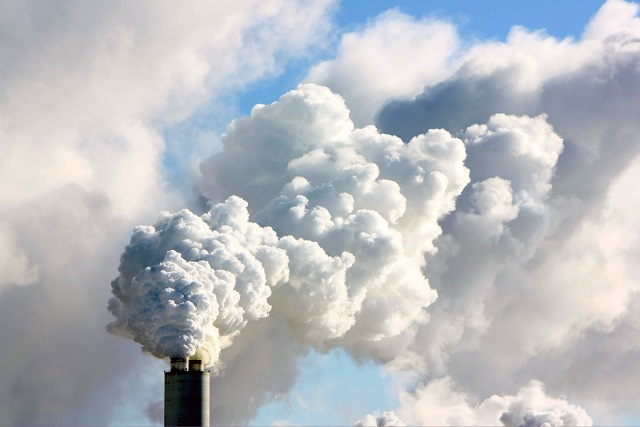
Credit: J. Castro / Getty Images
We’re all ready for some good news, so headlines about smog dissipating in China, skies clearing in LA, and jellyfish appearing in canals in Venice were very welcome amidst the pandemic. However, while these paint a rosy picture of a potential silver lining to the global shutdown, the truth is much more complicated. Shannon Osaka, a reporter for Grist focusing on climate change and science, says the way we’ve slowed our lives this year has had a positive impact on our planet but it’s not enough to make a real dent in climate change.
Main Takeaways
- Over the course of the year, carbon emissions have dropped as much as 8%, which is a clear win for the environment. But Osaka says to stop climate change, we need to not only sustain that reduction, but continually increase it — and this year is still potentially on track to be the hottest year on record.
- The ecological results of the global quarantine have resulted in striking visuals, such as clear skies and animals roaming cities, but some of the most impactful parts of our carbon footprint aren’t visible. Osaka says that just because the sky is clearing of smog doesn’t mean that CO2 isn’t being produced at nearly the same rate as usual. While we’re skipping the plane rides and car trips, transportation only comprises about one-fifth of all carbon emissions. The rest comes from other sources such as electricity and heat, which have mostly continued to be used.
- The pandemic could still have a genuine bright side for climate change efforts. When governments aim to stimulate economies in a post-coronavirus world and create new jobs, there will be opportunities to invest in green energy and jobs and in environmental research.
More Reading
- Something that both the pandemic and climate change have in common is people questioning science. Check out this panel that Osaka was part of talking about the overlap in trust issues between COVID-19 and climate change.
- If you’re looking for more data on the “carbon crash” of 2020, as the BBC calls it, here are a variety of charts showing the shift in things like traffic and carbon emissions in cities around the world.
- Despite the focus on the pandemic, the environment remains a topic that many are still thinking about. According to this article from the New York Times, climate change is a pressing issue for many people and remains high on the list of global concerns.

